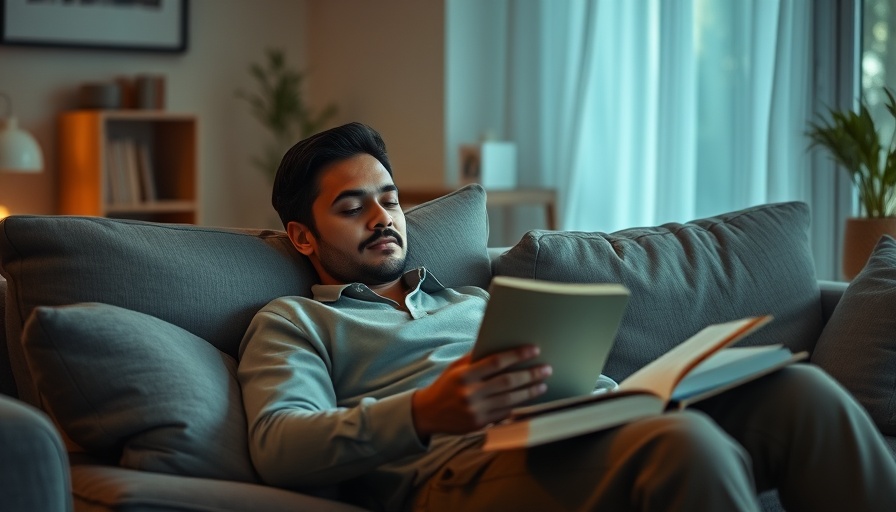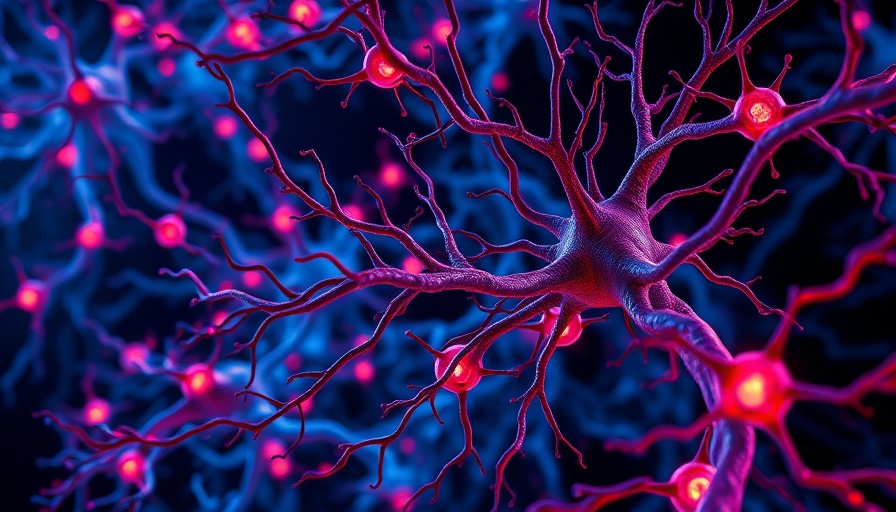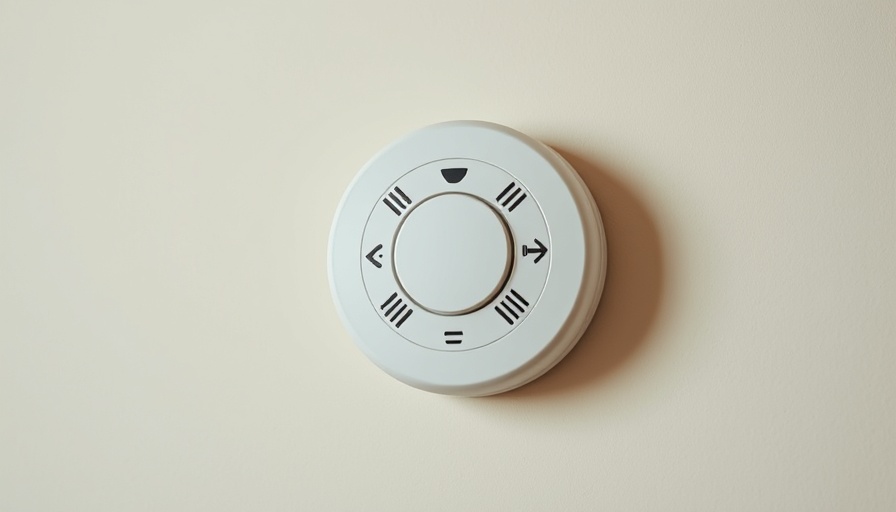
Recovering From a Colonoscopy: Navigating Your Post-Procedure Journey
Undergoing a colonoscopy can be a nerve-wracking experience, but understanding what to expect during recovery can ease those concerns. This minimally invasive procedure is a powerful screening tool for colorectal cancer and the identification of any potential precancerous polyps. However, just as crucial as the procedure itself is the recovery phase that follows it. Here, we will guide you through the essential aspects of post-colonoscopy care to help you manage your recovery confidently and comfortably.
The Importance of Post-Colonoscopy Care
The significance of proper recovery after a colonoscopy should not be underestimated. This phase is essential for ensuring your well-being and comfort, as well as for monitoring any potential complications that might arise after the procedure. Factors such as sedation and bowel preparation can leave your body feeling off-balance. Whether tissue samples were taken or polyps were successfully removed, ensuring that you adhere to an optimal recovery plan is vital for your digestive health.
Normal Side Effects: What to Expect
In the first 24 hours following your colonoscopy, it's normal to feel a bit groggy due to the lingering effects of sedation. It's essential to be aware of common side effects, which may include:
- Mild abdominal discomfort
- Small amounts of rectal bleeding, particularly if polyps were removed
- Fatigue and weakness
While these symptoms usually fade away over time, monitoring for any concerning signs is crucial. Look out for red flags such as persistent or heavy rectal bleeding, severe abdominal pain, fever or chills, or dizziness. According to the National Institute of Diabetes and Digestive and Kidney Diseases, significant complications from colonoscopy are rare but can occur, hence the importance of vigilance in the days following the procedure.
Understanding Grogginess and Gas: When to Rest
Post-anesthesia grogginess can linger for 12 to 24 hours after your colonoscopy, particularly if you received sedation. During this time, it's advisable to rest and avoid heavy activities such as driving or operating heavy machinery. Make sure you're surrounded by supportive family members or friends who can assist you during this period. Engaging with loved ones can ease feelings of loneliness and provide moral support, which can be particularly comforting during a time when you might feel a bit out of sorts.
Pain Management: How to Ease Discomfort
To manage minor abdominal discomfort following the procedure, consider turning to over-the-counter anti-inflammatory medications like ibuprofen, unless you have specific concerns or your doctor advises differently. A heating pad against your abdomen or soaking in a warm bath can also alleviate discomfort. Remember, it’s perfectly fine to seek comfort—your emotional well-being is an essential part of your overall recovery. Sharing experiences with friends or family who have undergone similar procedures can foster connection and provide reassurance.
Your Post-Procedure Diet: What to Eat
After your colonoscopy, it's important to ease back into your diet. Start with clear liquids or broths, gradually working your way towards solid foods. Focus on light, easily digestible options like crackers and rice. Avoid heavy or spicy meals initially, as these can irritate your system. Engaging in conversations about food with loved ones can make this part of your recovery process more enjoyable. Share your cravings and thoughts on food; this creates a sense of community around the experience and can spark ideas for tummy-friendly meals that can rejuvenate your spirits.
Common Misconceptions About Colonoscopy Recovery
Many people mistakenly believe that recovery from a colonoscopy is straightforward and without complications. It’s important to clarify, however, that while many individuals do indeed experience a smooth recovery, there are instances where complications can arise. Communication with your healthcare team and loved ones can help dispel these myths and provide reassurance.
Emotional and Human Interest Perspectives
Recovering from a colonoscopy can be an emotionally charged time as well. You may find comfort in sharing your journey with others. Listening to stories from family or friends who have undergone similar experiences can provide not just tips but a sense of companionship as you navigate through this phase. Sharing your own feelings about the procedure can also foster deeper connections and broader discussions about health and wellness.
Final Thoughts: Taking Charge of Your Smooth Recovery
After undergoing a colonoscopy, the path to recovery can vary from person to person. By being knowledgeable about what to expect, you can take control of your post-procedure journey. Keep the lines of communication open with your healthcare team and loved ones, and prioritize self-care as you recover. Remember that you are not alone in this journey; with a supportive community and a thoughtful recovery plan, you can emerge from this experience stronger and more informed about your health.
Don’t hesitate to reach out to your healthcare provider if any questions or concerns arise during recovery. Your health and comfort should remain your top priority, and staying informed is one of the best ways to ensure a successful recovery.
 Add Row
Add Row  Add
Add 



Write A Comment